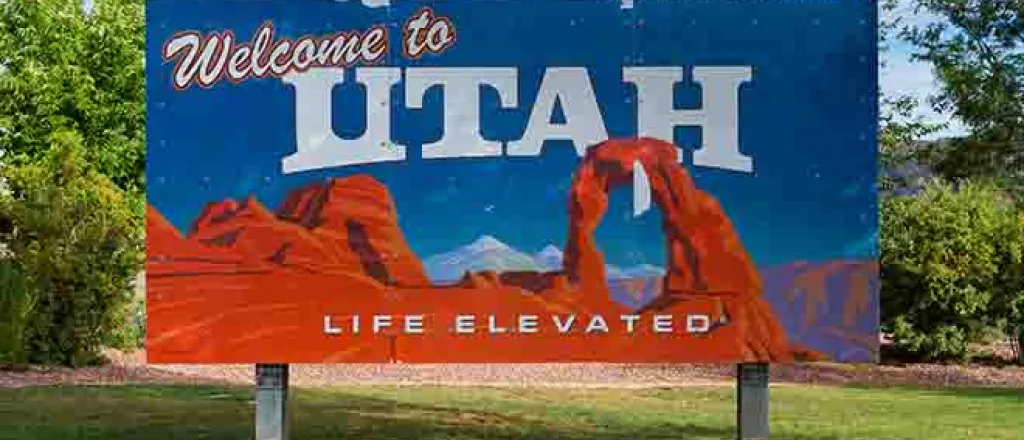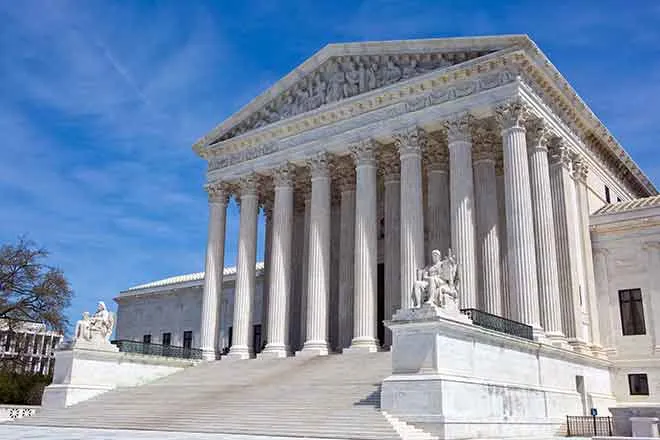
Utah’s Great Salt Lake recession could cost the state billions
Kim Jarrett | The Center Square
(The Center Square) – Utah’s Great Salt Lake has dropped 20.35 feet since 1986 and a continued decline could have devastating effects on the state’s economy, according to a social media video released by the Utah House Majority, a week before a summit that is scheduled to discuss the impact of the lake’s decline.
The lake’s continued recession could cost 6,500 jobs and as much as $2 billion per year, according to the video.
House Speaker Brad Wilson, R-Kaysville, is hosting the Great Salt Lake Summit January 5. It will include environmental advocates, industry leaders and state lawmakers “to discuss possible policy solutions to ensure the Great Salt Lake is preserved for future generations to enjoy,” Wilson said in a Twitter post.
The state’s problems would go beyond environmental concerns if the lake continues to recede, according to the video. Snowfall could decline by 27 to 45 inches a year, costing the skiing industry up to $9.6 million annually.
Dust from the lake could release unhealthy levels of arsenic, lithium and zirconium in the area, causing difficulty for residents.
The lake’s decline would be exacerbated by the increase in the state’s population, which is expected to double by 2065 and would require more water from the lake, according to the video.
The lake's issue also is being addressed by federal lawmakers. U.S. Rep. Blake Moore, R-Utah, is co-sponsoring the Saline Lake Ecosystems in the Great Basin States Program Act. The bill would provide resources to scientists and federal officials to monitor saline lakes and recommend management and conservation programs.
“Utah’s Great Salt Lake is a critically important ecosystem, habitat, and driver of tourism and business,” Moore said in a news release earlier this year. “But today, its water levels are at their lowest in recorded history, leading to a loss of habitat, decreased water flows, and air quality issues.”
The bill has passed the House Committee on Natural Resources.
Republican U.S. Sen. Mitt Romney has introduced a similar bill in the U.S. Senate.

















